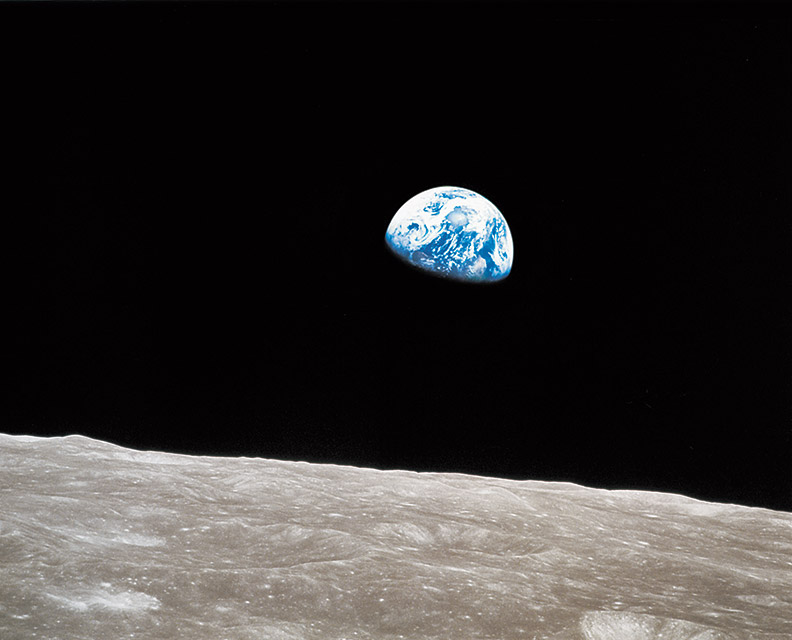As it has come to be used in contemporary discourse, “the environment” may seem like a self-evident term. But two recent books reviewed by historian Carolyn Taratko at the Los Angeles Review of Books show that the term only gained wide acceptance after WWII, through the efforts of scientists, conservationists, and sympathetic government officials. As Taratoko writes, these books – The Environment: A History of the Idea by Sverker Sörlin, Libby Robin, and Paul Warde; and The Postwar Origins of the Global Environment: How the United Nations Built Spaceship Earth by Perrin Selcer – suggest that the environment become thinkable as a concept precisely when it came under threat from human activity. Here’s an excerpt:
Readers may be surprised to learn that the idea of the environment is of such a recent vintage. Together, the two books persuasively show that it was during the postwar years that it became possible to speak of “the environment” as a single entity. The two books take somewhat different approaches: while Selcer focuses on the migration of ideas about world community from the social to the natural sciences, Warde, Robin, and Sörlin focus on the evolution of the term “environment” as an integrative concept, enrolling actors and interests from different epistemic communities. Yet both succeed in shifting the focus of environmental history from marginal figures to international diplomats and technocrats. In doing so, they show how the language of science — supposedly neutral, objective, and universal — was used to overcome political and regional divisions and assert the necessity of international institutions like the United Nations. Ultimately, they also raise questions about the value and limitations of expert knowledge in the continued fight to mitigate anthropogenic climate change.
Image via Time Magazine.
